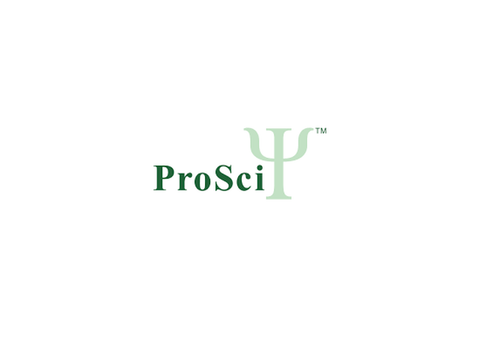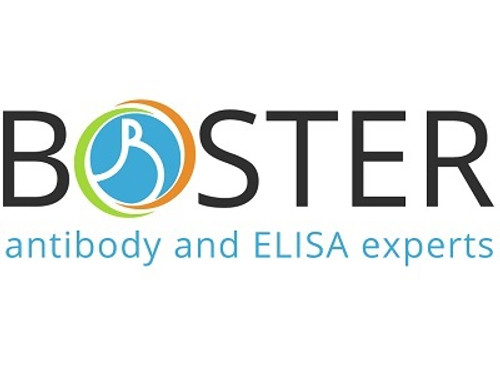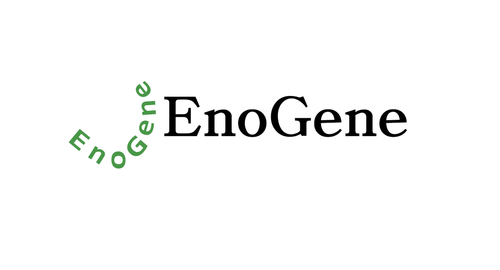Product Description
APPBP2 Antibody | 30-797 | ProSci
Host: Rabbit
Reactivity: Human, Mouse, Rat
Homology: N/A
Immunogen: Antibody produced in rabbits immunized with a synthetic peptide corresponding a region of human APPBP2.
Research Area: Cancer
Tested Application: E, WB
Application: APPBP2 antibody can be used for detection of APPBP2 by ELISA at 1:312500. APPBP2 antibody can be used for detection of APPBP2 by western blot at 0.5 μg/mL, and HRP conjugated secondary antibody should be diluted 1:50, 000 - 100, 000.
Specificiy: N/A
Positive Control 1: Cat. No. XBL-10123 - Fetal Brain Tissue Lysate
Positive Control 2: N/A
Positive Control 3: N/A
Positive Control 4: N/A
Positive Control 5: N/A
Positive Control 6: N/A
Molecular Weight: 67 kDa
Validation: N/A
Isoform: N/A
Purification: Antibody is purified by peptide affinity chromatography method.
Clonality: Polyclonal
Clone: N/A
Isotype: N/A
Conjugate: Unconjugated
Physical State: Liquid
Buffer: Purified antibody supplied in 1x PBS buffer with 0.09% (w/v) sodium azide and 2% sucrose.
Concentration: batch dependent
Storage Condition: For short periods of storage (days) store at 4˚C. For longer periods of storage, store APPBP2 antibody at -20˚C. As with any antibody avoid repeat freeze-thaw cycles.
Alternate Name: APPBP2, HS.84084, KIAA0228, PAT1, APP-BP2
User Note: Optimal dilutions for each application to be determined by the researcher.
BACKGROUND: APPBP2 interacts with microtubules and is functionally associated with beta-amyloid precursor protein transport and/or processing. The beta-amyloid precursor protein is a cell surface protein with signal-transducing properties, and it is thought to play a role in the pathogenesis of Alzheimer's disease. APPBP2 has been found to be highly expressed in breast cancer.The protein encoded by this gene interacts with microtubules and is functionally associated with beta-amyloid precursor protein transport and/or processing. The beta-amyloid precursor protein is a cell surface protein with signal-transducing properties, and it is thought to play a role in the pathogenesis of Alzheimer's disease. This gene has been found to be highly expressed in breast cancer. Multiple polyadenylation sites have been found for this gene.
 Euro
Euro
 USD
USD
 British Pound
British Pound
 NULL
NULL










